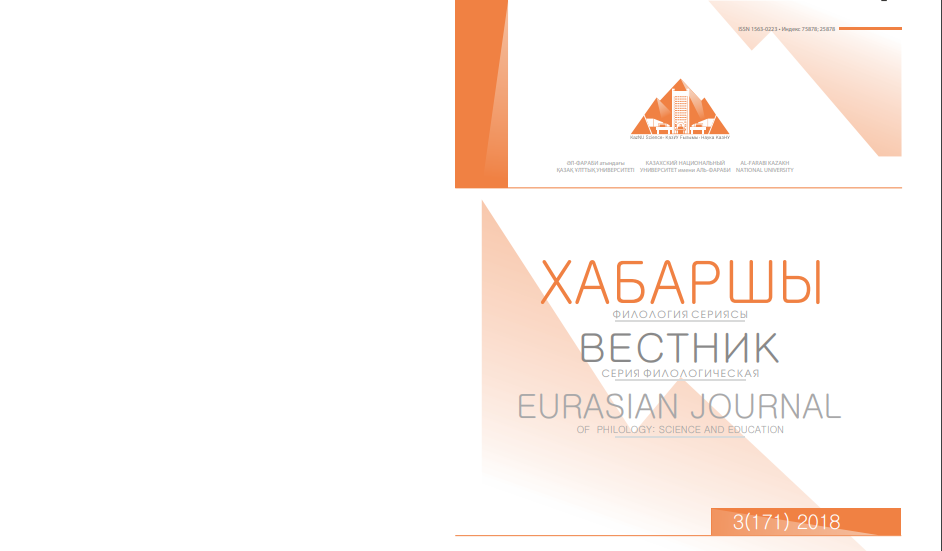The importance of text analysis in defining a philological competence
Abstract
In this article, special attention is paid to the philological preparation of language and literature
teachers, because literature is the basis of cognition and formation of personality. In this regard, one of
the primary tasks of philological education is the development of literary text analysis skills. Here the
question is about the need to master knowledge of theory, the history of word art, and the basis of literary hermeneutics. The article also presents a number of problems in modern philological education. It
is undeniable that there is a gap in the methodology of humanitarian knowledge and the methodology
for studying literature. A large amount of material that should be learned by school children, students,
does not always allow us to fully comprehend and experience every literary work. Having received only
a general idea, the reader does not experience the aesthetic impact of the art of the word. The issue of
interpreting a literary work that promotes the development of the cultural level of the addressee is also
raised. As a solution to these problems, the authors offer a conscious and in-depth study of Kazakh literature of the 20-30s of the 20th century, a direct acquaintance with the «Alashordian literature». Poetry
and prose of this period is the best way to form a personal attitude to what has been read






